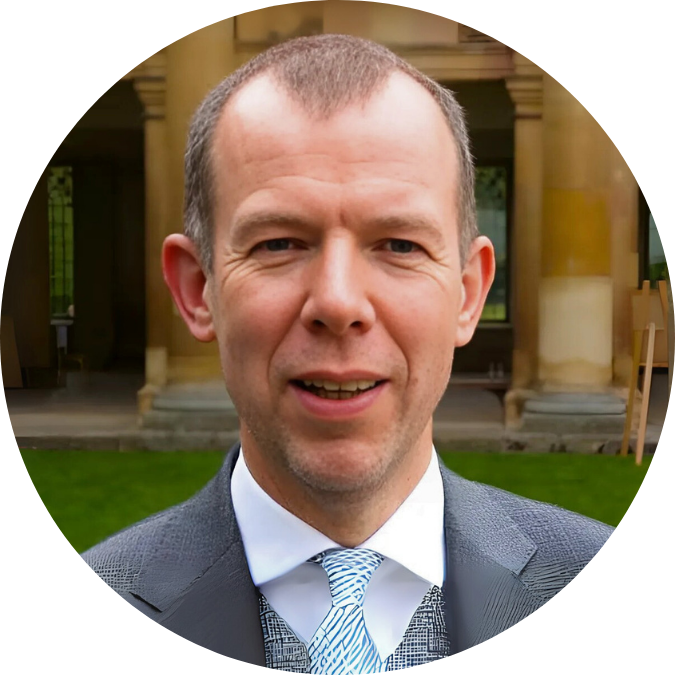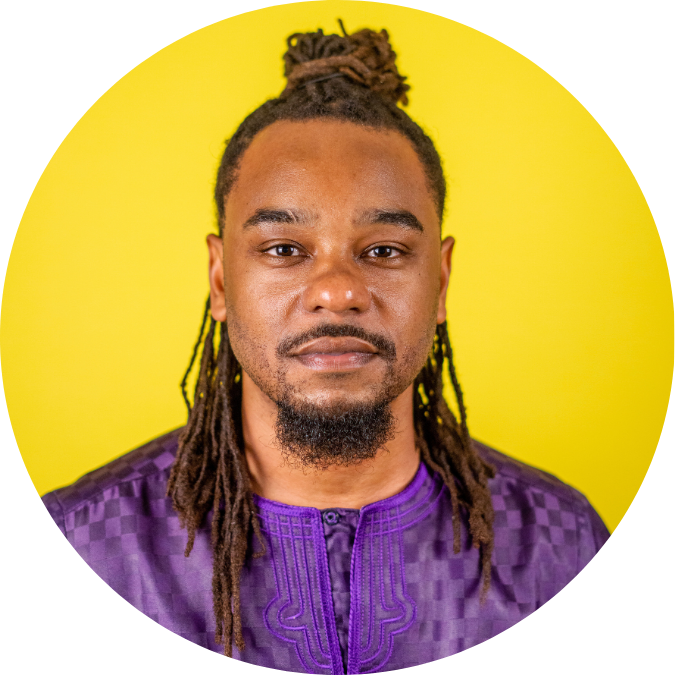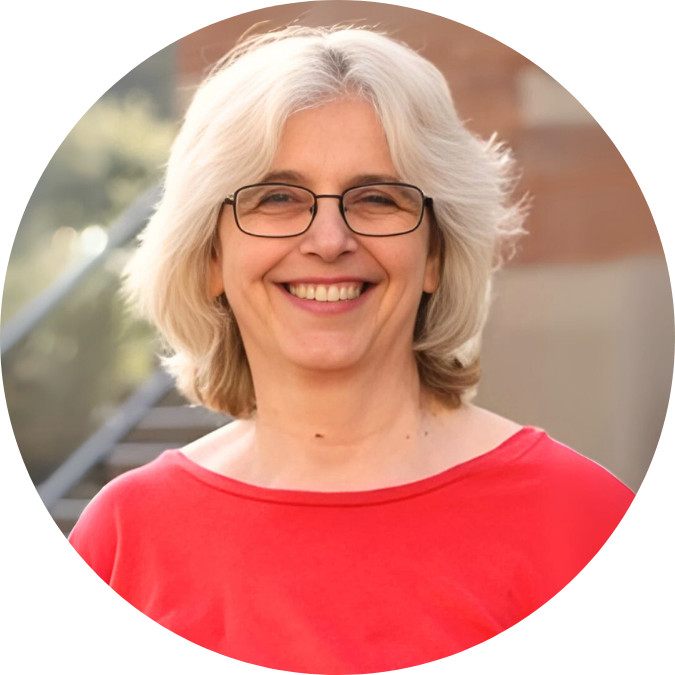
Special Event
Reparations: A Transatlantic Conversation
Examining histories, debates and futures of repair
-
St. Albans Episcopal Church · 580 Hilgard Ave, Los Angeles, CA 90024
Event Overview
Join us for a one-hour panel exploring how reparations are debated and practiced across different contexts, from Britain’s legacy of slavery to the United States’ ongoing struggle over racial justice, and Germany’s post-Holocaust reparations.
Following the panel, audience members will have an opportunity to engage with the speakers and take part in a book signing. This event is free and open to the public.
Friday, October 24, 2025
11:00 AM – 12:00 PM PST
St. Albans Episcopal Church · 580 Hilgard Ave, Los Angeles, CA 90024
About the Event
What does it mean for a country or community to make amends for past injustice? That question — whether tied to slavery, war or systemic violence — sits at the heart of global debates over reparations, the idea of repairing harm through financial, social or symbolic means.
By bringing together leading voices from both sides of the Atlantic, this conversation examines the moral, political and cultural dimensions of reparations, and asks what meaningful repair can look like today.
Featured Panelists
Michael Banner, Dean of Trinity College, Cambridge
Author, Britain’s Slavery Debt: Reparations Now! — Oxford University Press

Marcus Anthony Hunter, Scott Waugh Endowed Chair in the Division of Social Sciences, UCLA
Author, Radical Reparations: Healing the Soul of a Nation — HarperCollins

Susan Slyomovics, Distinguished Professor of Anthropology and Near Eastern Languages and Cultures, UCLA
Author, How to Accept German Reparations — Penn Press
Author, Waging War and Making Peace: The Anthropology of Reparations — Routledge

Convened by
Jason Sexton, California Center for Sustainable Communities and Department of Sociology, UCLA
Laurie Hart, Co-Director of Center for European and Russian Studies; Department of Anthropology, UCLA
This event is co-sponsored by the California Center for Sustainable Communities, UCLA’s International Institute, Department of Anthropology and the Center for European and Russian Studies.
